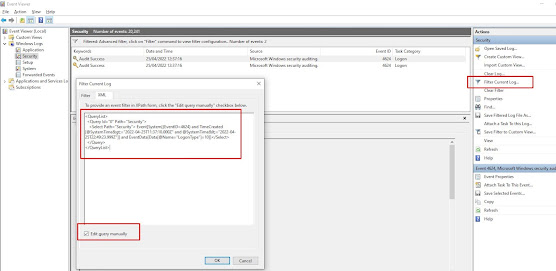Note: For windows 7 desktop users you’ll need to install the active directory modules for powershell by following the installation steps herehttps://www.microsoft.com/en-gb/download/details.aspx?id=7887
A better version could be to filter the process for explorer.exe
Get-WmiObject -class win32_process -Filter "name = 'Explorer.exe'" -ComputerName MACHINENAME -EA "Stop" | % {$_.GetOwner().User}
Or if you wish to resolve down to the actual full person's name
Get-WmiObject -class win32_process -Filter "name = 'Explorer.exe'" -ComputerName WDUKLON-0102 -EA "Stop" | % {Get-AdUser -Identity $_.GetOwner().User | Select -Property Name}
For all logged on users though, use the following script…
https://gallery.technet.microsoft.com/scriptcenter/d46b1f3b-36a4-4a56-951b-e37815a2df0c
function Get-LoggedOnUser {
#Requires -Version 2.0
[CmdletBinding()]
Param
(
[Parameter(Mandatory=$true,
Position=0,
ValueFromPipeline=$true,
ValueFromPipelineByPropertyName=$true)]
[String[]]$ComputerName
)#End Param
Begin
{
Write-Host "`n Checking Users . . . "
$i = 0
}#Begin
Process
{
$ComputerName | Foreach-object {
$Computer = $_
try
{
$processinfo = @(Get-WmiObject -class win32_process -ComputerName $Computer -EA "Stop")
if ($processinfo)
{
$processinfo | Foreach-Object {$_.GetOwner().User} |
Where-Object {$_ -ne "NETWORK SERVICE" -and $_ -ne "LOCAL SERVICE" -and $_ -ne "SYSTEM"} |
Sort-Object -Unique |
ForEach-Object { New-Object psobject -Property @{Computer=$Computer;LoggedOn=$_} } |
Select-Object Computer,LoggedOn
}#If
}
catch
{
"Cannot find any processes running on $computer" | Out-Host
}
}#Forech-object(ComputerName)
}#Process
End
{
}#End
}#Get-LoggedOnUser
